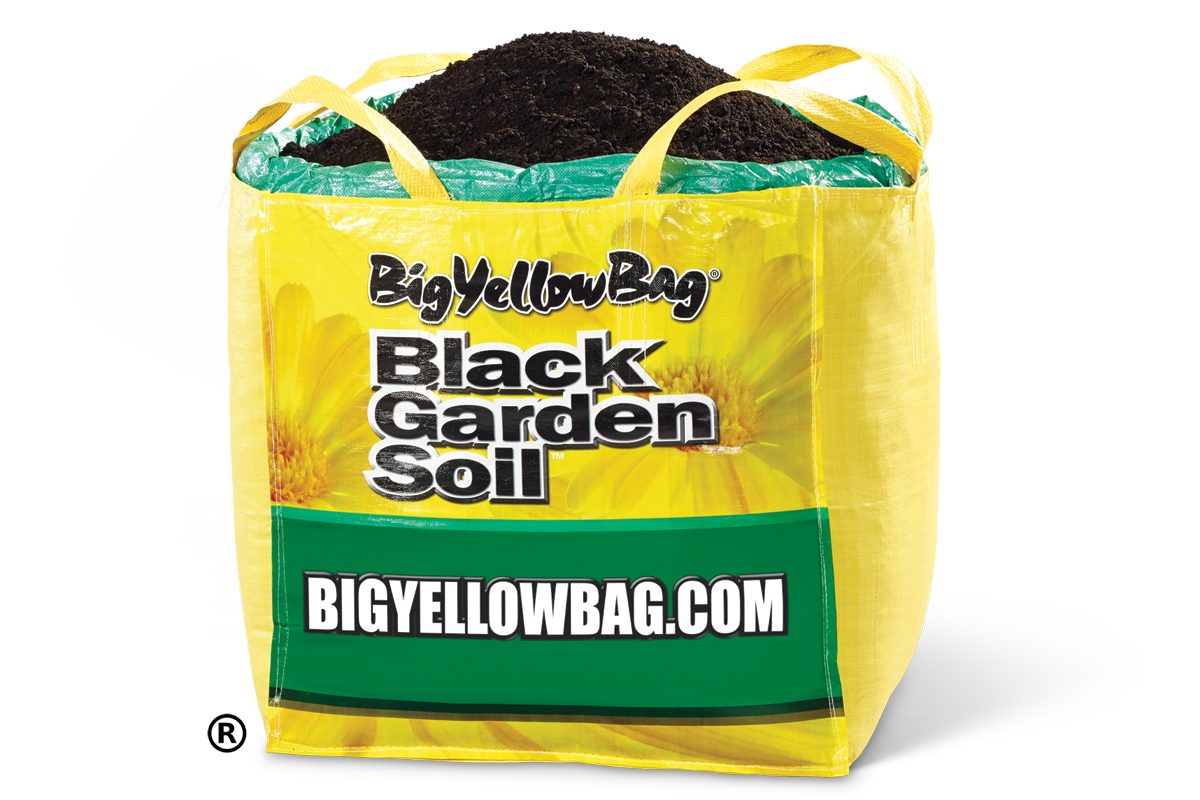Garden Soil Quality and Why It’s Important
We’ll talk about garden soil in just a bit, but first, think about this… It usually happens to us around the holidays, or when we’re on vacation. Our schedules are either a lot more hectic or a lot more relaxed than normal. Either way, taking the time to eat a healthy, well-balanced meal is one of the furthest things from our mind…
 It’s fine to indulge a bit every now and again. But if we do it for too long, we start to see the effects. We tire more easily, our energy levels will drop, and we might even find ourselves coming down with a cold or flu. That’s our body’s way of trying to tell us that enough is enough, and it’s time to choose a salad instead of cake.
It’s fine to indulge a bit every now and again. But if we do it for too long, we start to see the effects. We tire more easily, our energy levels will drop, and we might even find ourselves coming down with a cold or flu. That’s our body’s way of trying to tell us that enough is enough, and it’s time to choose a salad instead of cake.
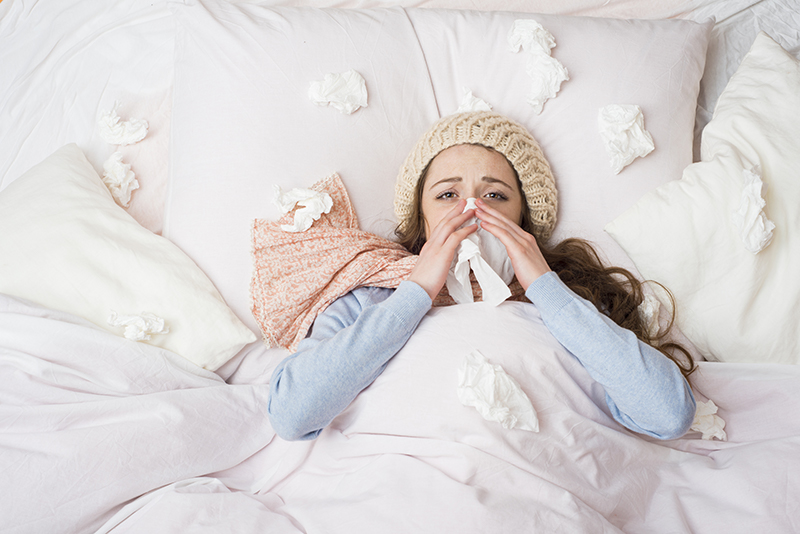
Plants are very similar to us in this regard. While they need to have sunshine and water to grow, there’s another major contributing factor: the soil they’re growing in.
Quality Garden Soil is Essential
You’ve probably heard the phrase “You are what you eat” and we all know it’s true. In the same way, your plant’s growing performance is heavily dependant on the nutrients it has available from the soil.
For any application, you have to make sure your soil isn’t just plain old dirt. Whether you’re trying to grow a showpiece flower garden, nutritious vegetables to feed your family, or a lawn that would rival a golf course green, you need quality garden soil.
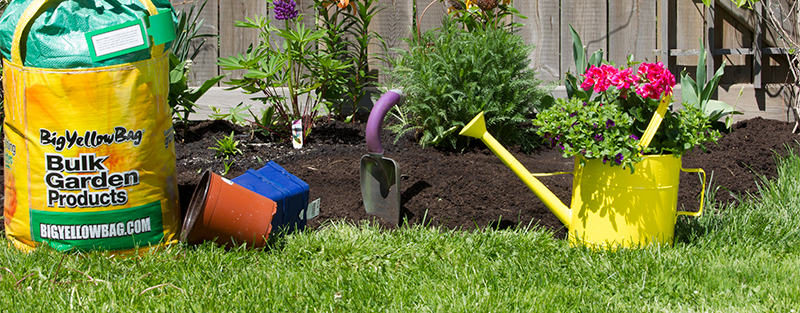
Your soil should retain moisture, but it should also have good drainage. All your plants will need moisture to thrive in, but not so much that they’re drowning. Air flow around the roots is also essential to proper plant growth. Your soil needs to be rich in nutrients, and microorganisms. Microorganisms process the nutrients and make them readily available for plant absorption. Making sure your soil fits this description means you need to look at what the individual components of a given soil are.
The Garden Soil Triangle
For your soil to have good structure, it should contain a high percentage of loam. This is what allows your soil to have a great moisture balance. Loam is a calibrated mixture of sand, silt and clay. Having proper soil structure promotes air flow around your plant’s roots too. This is essential to proper plant function.
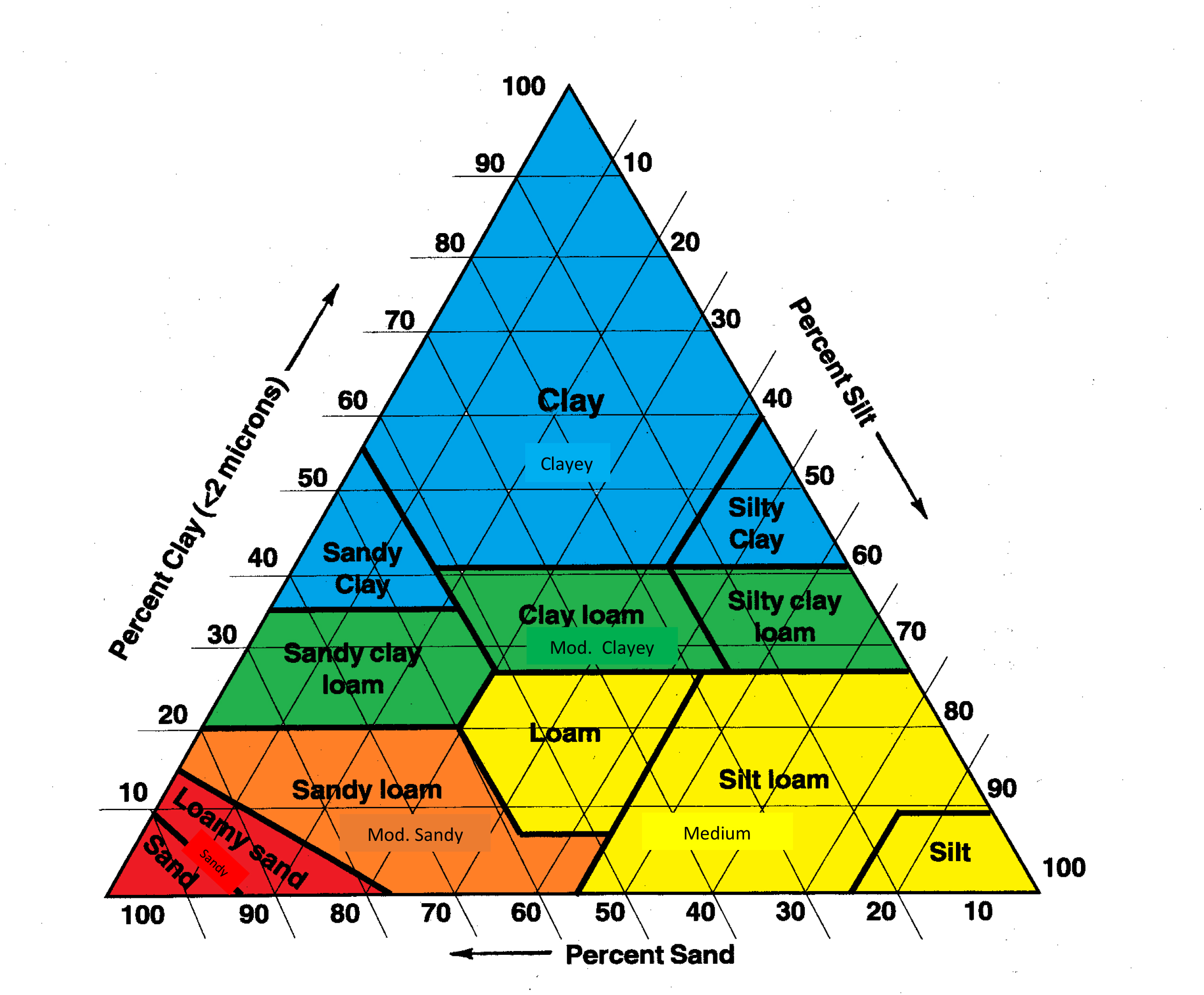
Your soil should also have microorganisms! Beneficial bacteria are making headlines. Most recent articles refer to the bacteria in our digestive tracts that can be replenished by consuming “pro-biotic” foods and supplements. These beneficial bacteria operate in a similar fashion. The nutrients in your soil must be processed by microorganisms in order for them to be readily available for plant absorption. Without beneficial microorganisms in your soil, your plants wouldn’t grow at all.
Nutrient Loaded Black Garden Soil
If you think your soil is lacking in nutrients, you can consider adding fertilizer to your soil, but make sure it has the right N-P-K balance for what you’re trying to grow. In broad terms, nitrogen (N) is what helps leaves grow, phosphorus (P) is what helps roots and buds develop, and potassium (K) helps a plants’ overall growth performance.
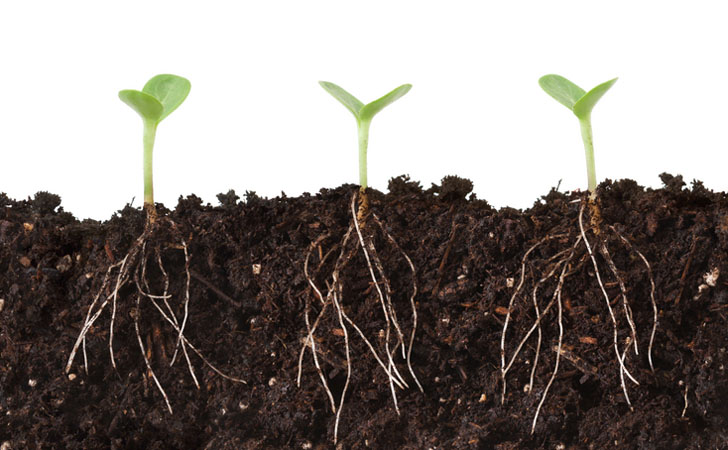
BigYellowBag Black Garden Soil is the ideal growing medium. Our Black Garden Soil is comprised of a mix of black loam, peat loam, well-composted manure, and a touch of mineral soil for stability. It’s packed with essential nutrients and organic matter.
If you want to make sure you get the best out of your lawn or garden, make sure you give it the best with BigYellowBag.

